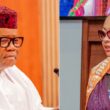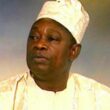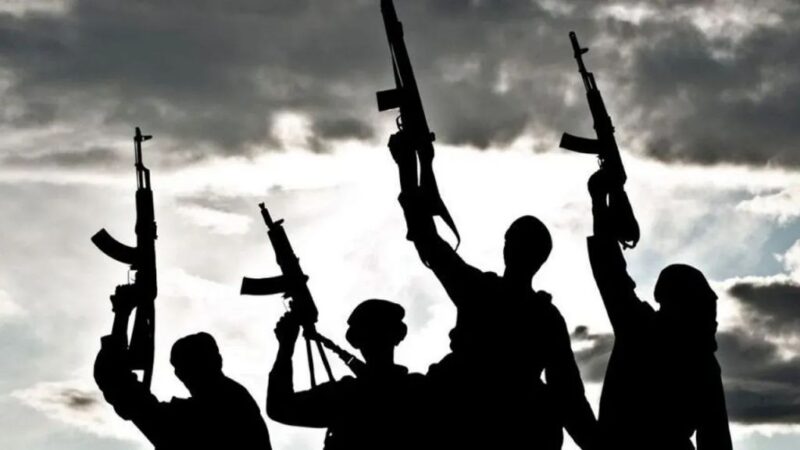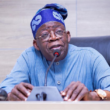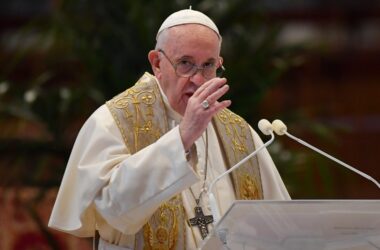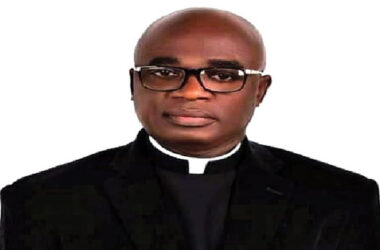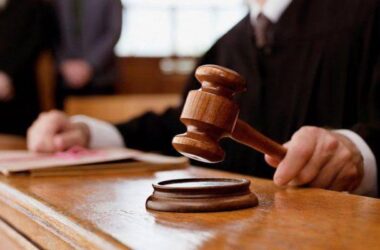Community leaders from Plateau State have raised alarm over what they describe as genocidal killings in their communities, warning that the persistent violence, left unaddressed by the Nigerian government, may ultimately be taken before the International Criminal Court (ICC) for justice.
Speaking on Inside Sources with Laolu Akande aired Friday on Channels Television, the leaders from the Irigwe ethnic nationality lamented the increasing spate of attacks, the absence of justice, and the failure of the government to fulfill its constitutional responsibility of protecting lives and property.
Barrister Redzie Jugo, a Board Member of the Irigwe Development Association, expressed deep frustration over the growing insecurity, particularly in Bassa Local Government Area. “If anything, it is getting worse. Just today, I got reports of at least three more communities in Bassa that have suffered the same fate,” he said.
According to Jugo, the unending violence is fueled by the blatant lack of accountability. “Why is that? Because nobody has been brought to book. When justice is not done and seen to be done, you’re going to have perpetrators having a field day,” he declared.
“They walk into those places with impunity. There’s no fear. Nobody is going to touch anyone. No one is going to bring them to book. So they go on and they do what they want, when they want, how they want.”
He warned that unless immediate action is taken to investigate and prosecute those responsible for the violence, communities may be forced to seek redress internationally.
Echoing his concern, Dr. Justice Chinge-Dodo, a member of the Irigwe Youth Movement, described the current security situation as “horrific, terrible, and very unfortunate.” He noted that it was a dangerous signal that Nigeria might be sliding into a lawless society governed by the rule of men rather than the rule of law.
“The situation, I tell you, my brother, is a signal that if care is not taken, we will soon wake up to a nation where lawlessness and anarchy are the norm,” Dr. Chinge-Dodo warned.
“How else on earth do you explain a situation where cities and several communities are being overrun by terrorists and land grabbers, and yet nothing practical is being done?”
He criticized the government’s response to attacks, which he said has become a predictable cycle of meaningless statements.
“The community is attacked, the government issues a statement saying ‘enough is enough,’ and that is the end of it. We’ve heard ‘enough is enough’ since 2017 when the killings of our people began in Ennis, yet nothing has changed.”
Dr. Chinge-Dodo provided a sobering account of the toll the violence has taken on the Irigwe people. “From 2017 to date, we have had about nine of our communities attacked. I speak for the Irigwe community in Bassa LGA,” he said, stressing the emotional and psychological trauma endured by survivors.
“Our people are terrified. We are traumatized. We are increasingly hopeless. The government has failed to protect us or even assure us that our lives matter.”
He added that the ongoing attacks are pushing people to a desperate point. “There seems to be no solution. Gradually, people are beginning to feel that it is either you wake up and defend yourself, or you remain defenseless forever.”
The leaders urged both the state and federal governments to act urgently, warning that without concrete intervention, justice-seeking communities may be forced to escalate their plight to international bodies.
“If Nigeria cannot guarantee justice and safety for all its citizens, then global institutions must step in to investigate and stop what looks increasingly like an unfolding genocide,” Barr. Jugo noted.


